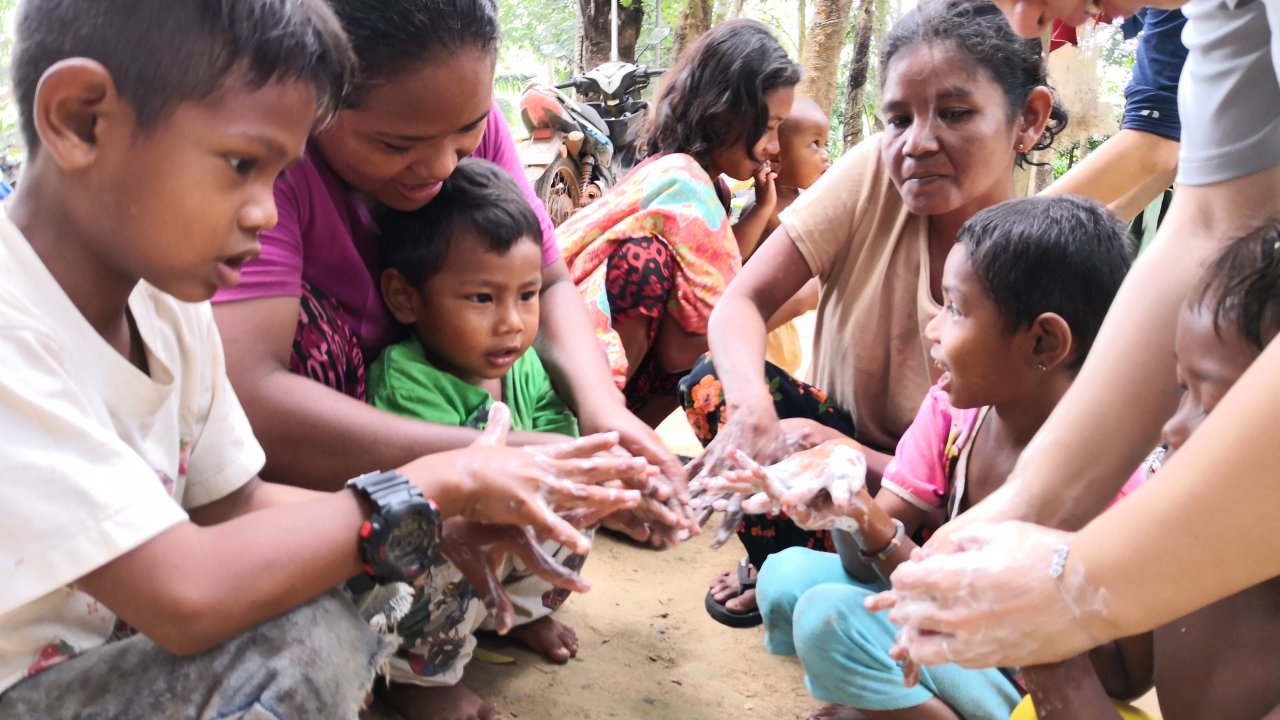In the Municipality of São Paulo (MSP), health care for native peoples is carried out throughout the Health Care Network (RAS), with emphasis on the 470 Basic Health Units (UBS), which are the main gateway to the System of Health, care coordinator and coordinator of the network. For the indigenous people living in the MSP, the Municipal Health Department (SMS) has exclusive UBS whose work by the professionals of the teams respects and considers the culture and habits of these people. There are two UBSs to serve the Tenondé Porã indigenous land (26 hectares) and Krukutu (25 hectares), both in the southern region, and the Jaraguá Indigenous land (four hectares), located in the northern region of the municipality.
These health units are Basic Indigenous Health Units (UBSI) and have multidisciplinary teams of Indigenous Health (EMSI) with many indigenous professionals as workers and composed of: Doctors, Nurses, Nursing Assistants, Indigenous Health Agents, Dental Surgeons, Auxiliary in Oral Health, Health Visitor, Indigenous Sanitation Agents, Social Worker, Psychologist, Environmental Promotion Agent, Pharmacist or Pharmacy Technician, who also communicate using the languages of these peoples, knowledge acquired in living together and in study groups. The decisions that affect the way of life and health of the indigenous people are shared with the leaders of the villages, so the activities developed at the UBSIS have the active participation of the indigenous people. The indigenous people are part of the priority groups for health actions in the municipality. The SMS through the PAVS (Green and Healthy Environmental Program) manages socio-environmental projects in the Health Units, having as a starting point the local and regional reality for interventions, thus developing various actions within the scope of Health Promotion. Other initiatives carried out by the area can be found in the links provided.

